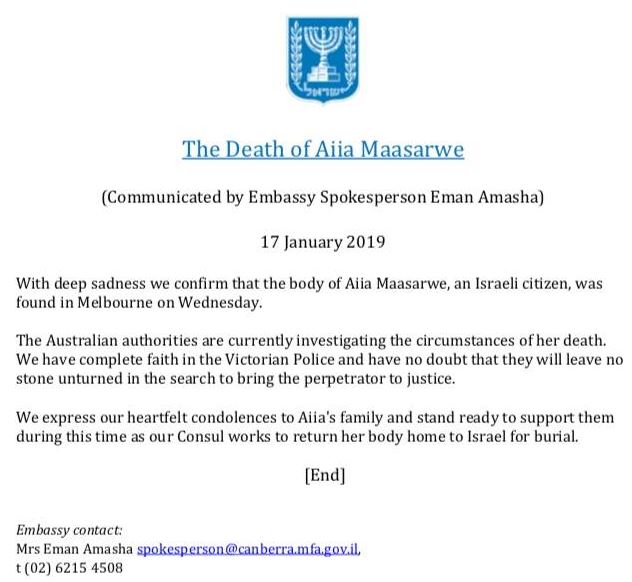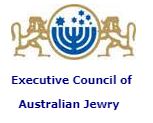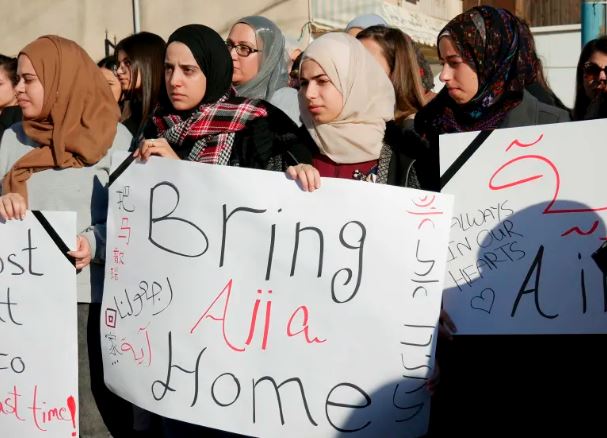Yesterday, the Guardian Australia published an op-ed by Jennine Khalik about Aiia Massarwe, who was reportedly killed in shocking circumstances in Melbourne on Wednesday January 16. It was headed ‘An angel, a diamond’: Aiia Maasarwe’s Palestinian identity was erased after her death’
The op ed received sympathetic commentary from certain journalists. See Stephanie Bedo, Why we need to get Aiia Maasarwe’s identity right
Ms Khalik’s op-ed stated (among other things):
“In the week since Maasarwe’s body was found in Melbourne, the Israeli government has reportedly not reached out or made any contact with Maasarwe’s family. Speaking to reporters on Sunday, her sister Noor said only Australian authorities and police were in regular contact with the family.
Would this be the case if they were Jewish-Israeli?”

The op-ed omitted any mention of the fact that, as the Israeli Embassy advised in an official statement on January 17, the day after Aiia Maasarwe was killed, the Israeli consul in Canberra began immediately to make arrangements for the return of Aiiwa’s body to her home town in Israel to enable her to be buried there. See also the Israeli Ambassador’s personal tweet.
We have also confirmed with the Embassy that the consul was, from the beginning, in frequent contact with Aiiwa’s father and other family members. The consul has received many gracious expressions of appreciation from Aiiwa’s family, and from the sheikh who is the head of the community in her home town.
In our view, the rush to judgement in Ms Khalik’s piece and its blanket condemnation of “the Israeli government”, an expression which would of course include Israel’s official diplomatic representatives in Australia, is unfortunately typical of far too much of the reporting and commentary about Israel in the service of a political agenda. On this occasion, it was done in the context of an appalling human tragedy.
These remarks have been widely circulated by Peter Wertheim, co-chief Executive Officer of the Executive Council of Australian Jewry.


